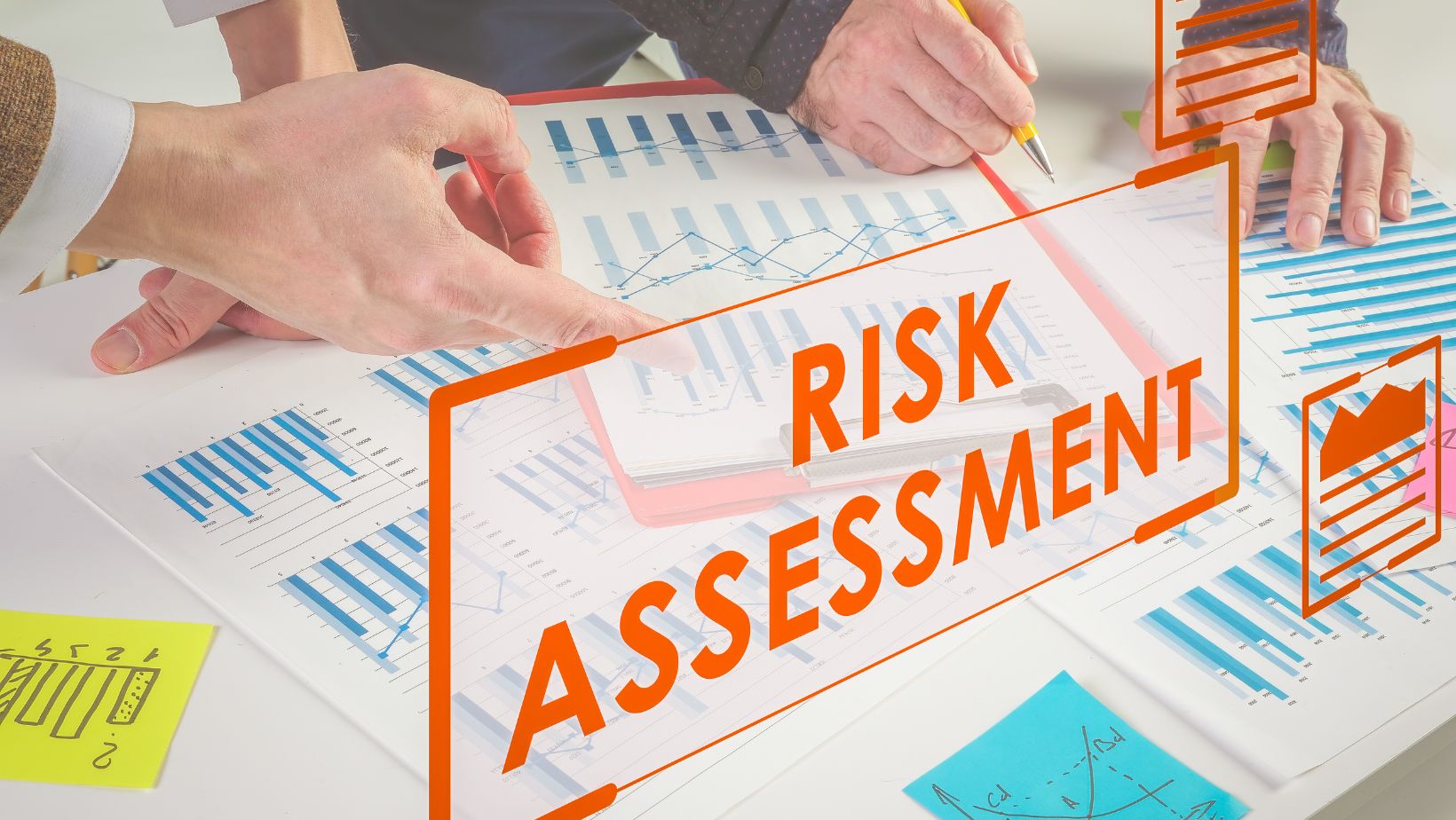A Researcher is Interested in Assessing Risk Taking By Individuals
As someone who has always been fascinated by human behavior and decision-making, I find myself particularly interested in assessing risk-taking by individuals. Whether it’s in the context of financial investments, career choices, or even everyday activities, understanding why some people are more inclined to take risks while others are more risk-averse is a captivating subject. In this article, I’ll delve into the various factors that influence risk-taking behavior and explore the potential benefits and drawbacks of being a risk-taker.
When it comes to risk-taking, there is no one-size-fits-all approach. As an individual, I’ve always wondered what drives some people to embrace uncertainty and seek out opportunities with potentially high rewards, while others prefer to play it safe and avoid any chance of failure. Is it a matter of personality traits, upbringing, or simply a result of past experiences? By examining the psychological, social, and environmental factors that contribute to risk-taking behavior, we can gain valuable insights into this intriguing aspect of human nature.
In today’s fast-paced and ever-changing world, the ability to assess and navigate risks effectively has become increasingly important. Whether it’s in the realm of business, personal relationships, or even personal health, being able to make informed decisions about risk can greatly impact our lives. In this article, I’ll explore the different strategies individuals use to assess risk, from careful analysis and weighing of potential outcomes to relying on intuition and gut feelings. By understanding these approaches, we can gain a better understanding of how people make decisions in the face of uncertainty.
Understanding Risk Taking
What is Risk Taking?
Risk taking refers to the willingness of individuals to engage in activities that have uncertain outcomes and potentially negative consequences. It involves making decisions in situations where the outcome is uncertain and the potential for both positive and negative outcomes exists. Risk taking can vary greatly from person to person, with some individuals being more inclined to take risks while others are more risk-averse.

Factors Influencing Risk Taking
There are several factors that influence an individual’s propensity for risk taking. These factors can be psychological, social, or environmental in nature. Understanding these factors can provide valuable insights into why some individuals are more likely to take risks than others.
1. Personality Traits: Certain personality traits have been found to be associated with risk-taking behavior. For example, individuals with high levels of extraversion tend to be more inclined to take risks, as they are more likely to seek out new and exciting experiences. On the other hand, individuals with high levels of neuroticism may be more risk-averse, as they tend to be more anxious and cautious.
2. Past Experiences: Past experiences play a crucial role in shaping an individual’s attitude towards risk. Positive experiences with risk-taking can increase an individual’s willingness to take risks in the future, while negative experiences can make them more risk-averse. For example, someone who has had success in taking calculated risks in their career may be more inclined to continue taking risks in the future.
3. Social Influence: The people we surround ourselves with can have a significant impact on our risk-taking behavior. If we are surrounded by friends or colleagues who are risk-takers, we may be more likely to engage in risky behavior ourselves. Social norms and peer pressure can also play a role in influencing our decisions to take risks.
4. Perception of Risk: How individuals perceive and evaluate risks can greatly influence their willingness to take risks. Some individuals may have a higher tolerance for risk and view it as an opportunity for growth and success. Others may have a lower tolerance for risk and view it as a threat to their well-being. The way risks are framed and presented can also impact how individuals perceive them.
5. Cultural and Environmental Factors: Cultural and environmental factors can shape an individual’s attitude towards risk-taking. For example, cultures that value individualism and entrepreneurship may encourage risk-taking behavior, while cultures that prioritize security and stability may discourage it. Environmental factors, such as economic conditions and availability of resources, can also influence an individual’s risk-taking behavior.
Understanding the factors that influence risk-taking behavior is essential for assessing and predicting individuals’ propensity for taking risks. By understanding these factors, we can gain valuable insights into human decision-making in the face of uncertainty and help individuals make informed decisions that align with their goals and values.

